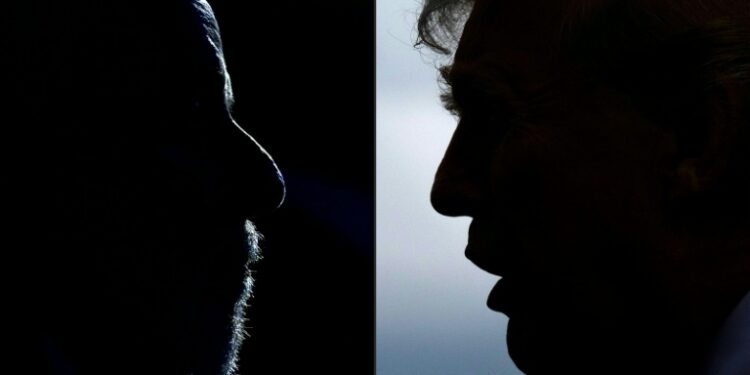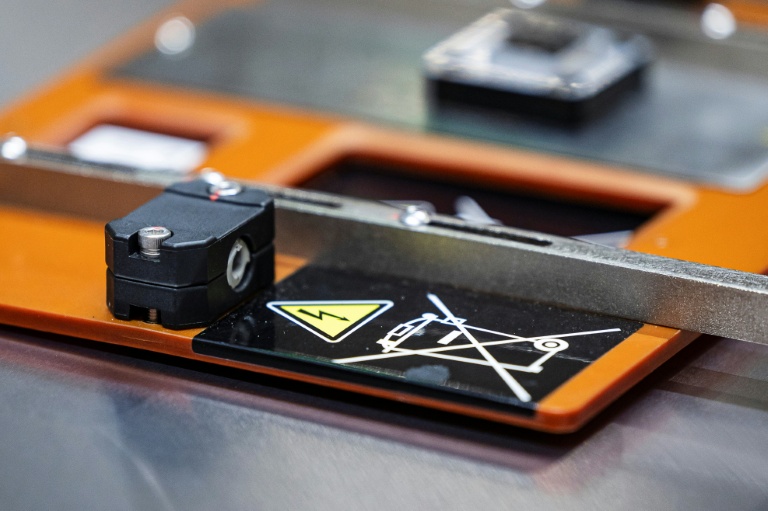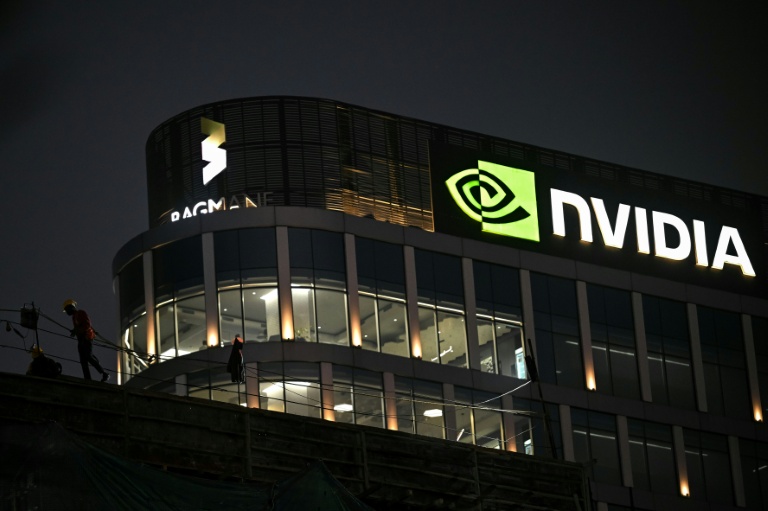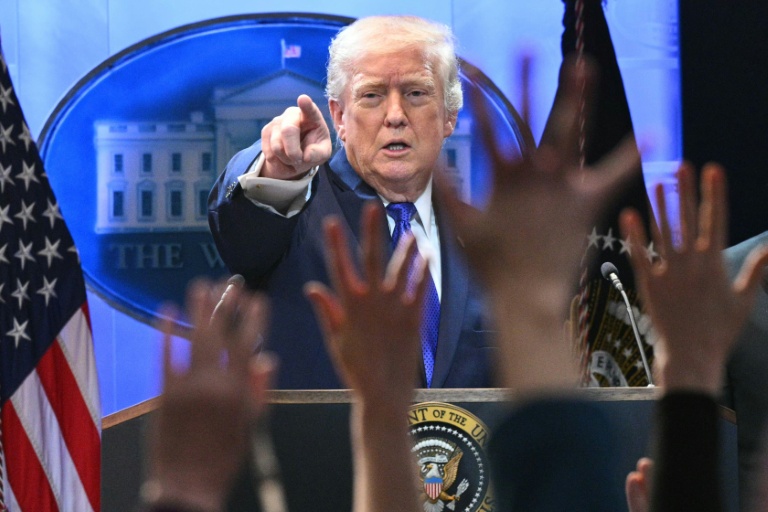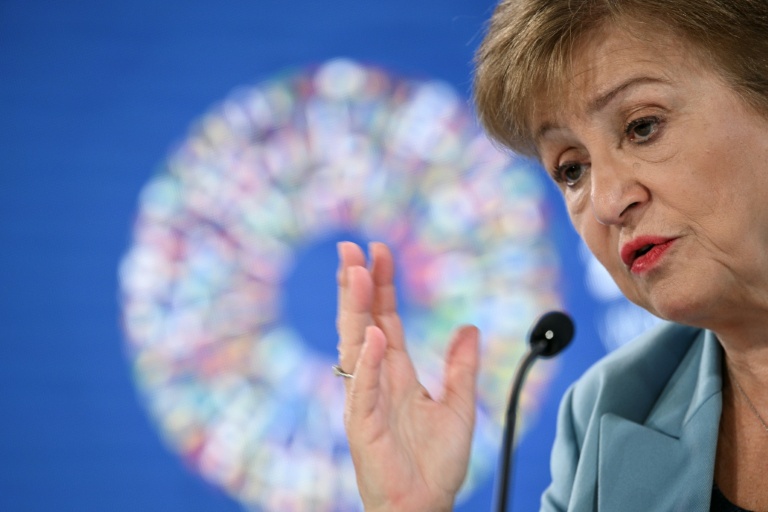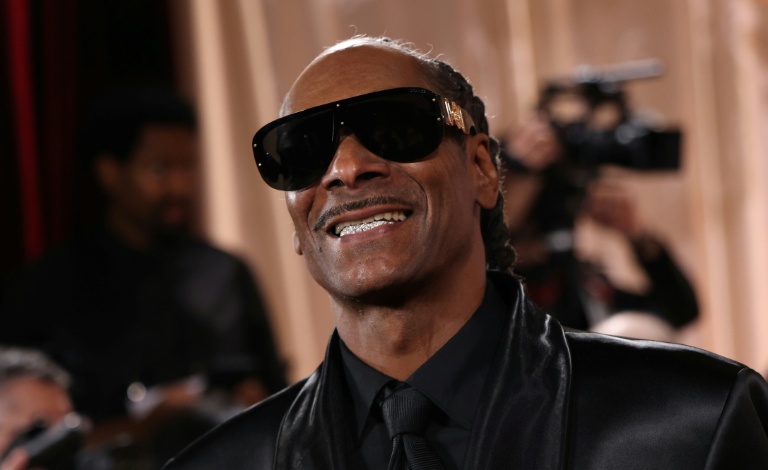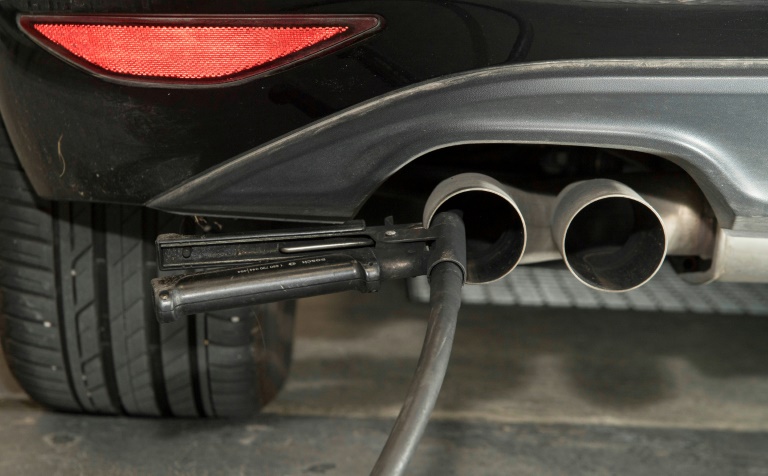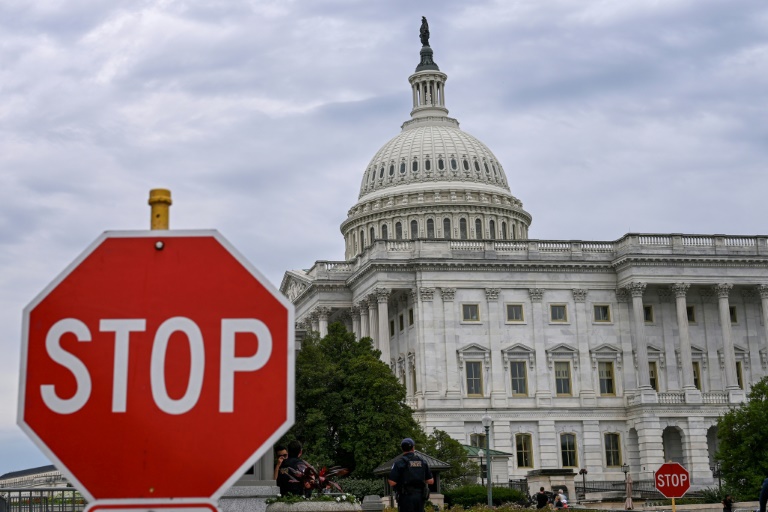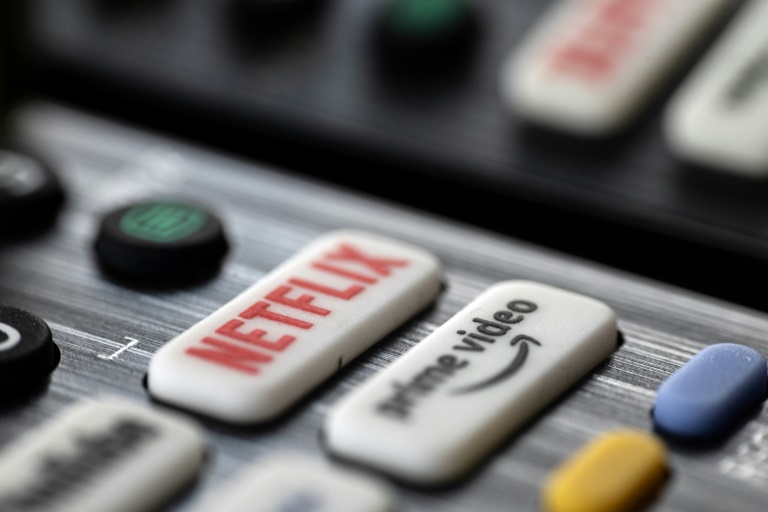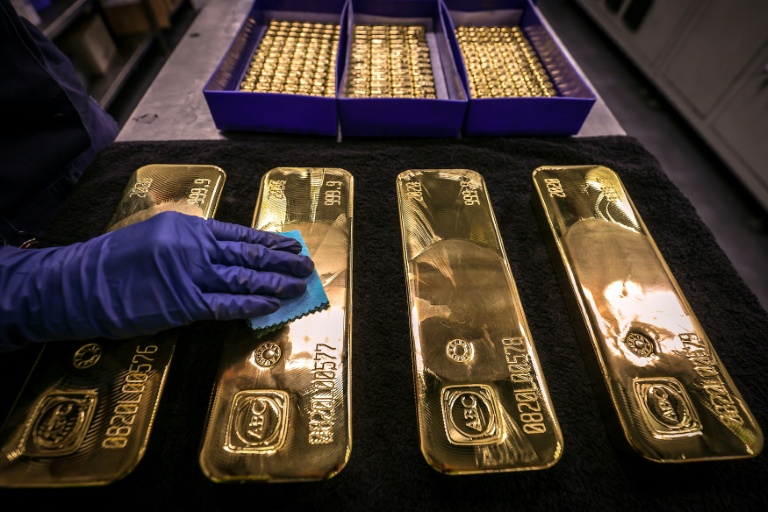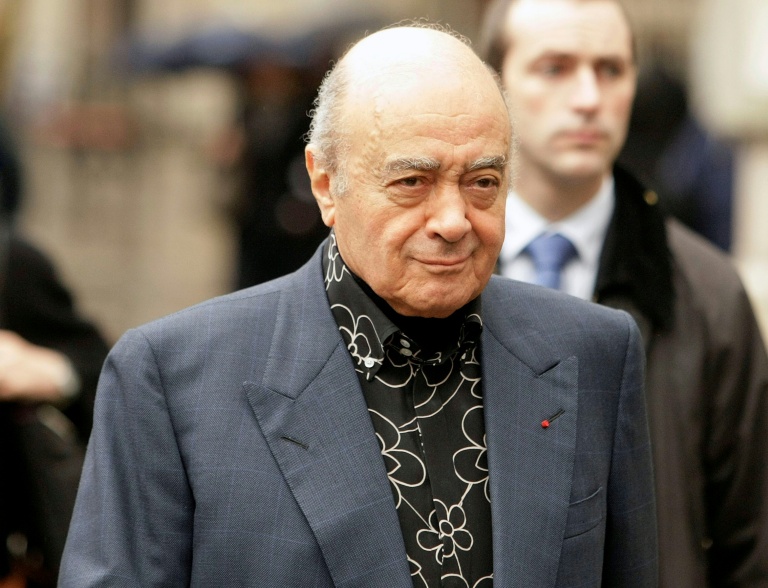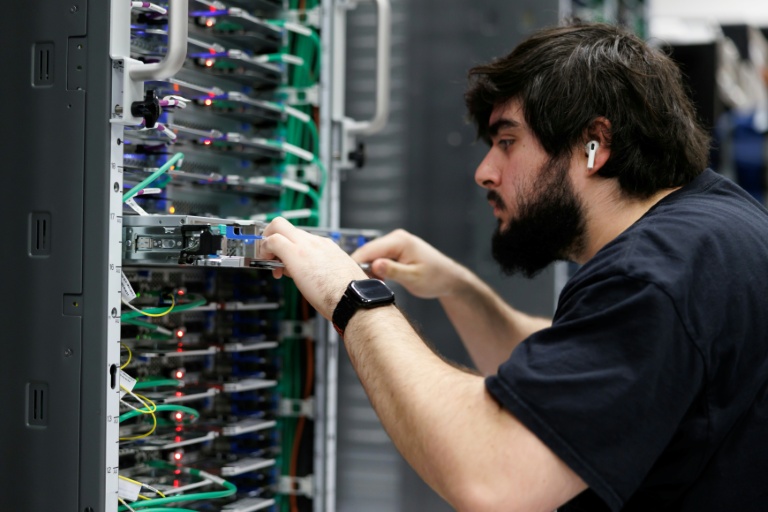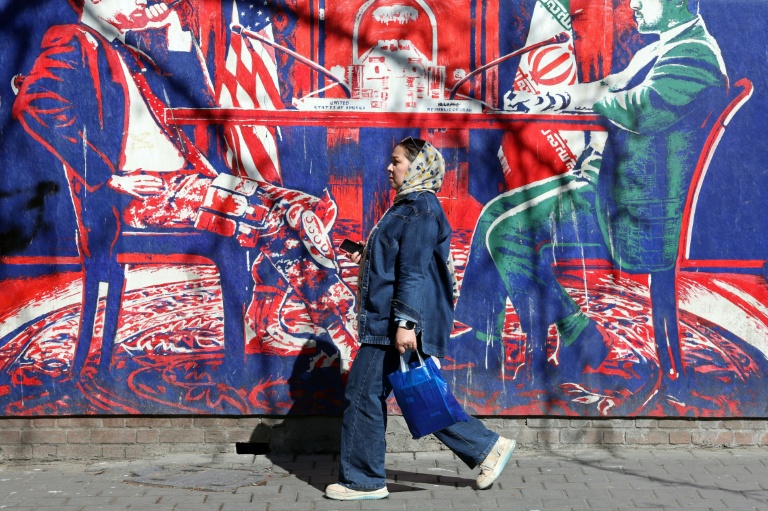Brasília (AFP) – Brazilian President Luiz Inacio Lula da Silva urged US President Donald Trump to lift punitive trade tariffs in their first official talks Monday after months of animosity — with both suggesting an in-person meeting in the near future. The two leaders spoke for 30 minutes in a “friendly tone” and Lula raised the possibility of a meeting in Malaysia next month, the Brazilian presidency said in a statement. Lula “requested the removal” of tariffs imposed on his country’s products and sanctions against Brazilian officials.
Trump hailed “a very good telephone call” in a post on Truth Social. “We will be having further discussions, and will get together in the not too distant future, both in Brazil and the United States,” he said, without adding details. Ties have soured between Washington and Brasilia in recent months, with Trump angered over the trial and conviction of his ally, the far-right former president Jair Bolsonaro. Trump has imposed a 50-percent tariff on Brazilian products and imposed sanctions against several top officials, including a top Supreme Court judge, to punish Brazil for what he termed a “witch hunt” against Bolsonaro.
“We are very optimistic that we will move toward a win-win situation in this relationship,” said Brazil’s Vice President Geraldo Alckmin, who has been tasked with continuing negotiations with US Secretary of State Marco Rubio. He noted the call had gone “even better than we expected” and that the two presidents had exchanged personal phone numbers.
– ‘Excellent chemistry’ –
The phone call came after what first appeared to be a chance encounter on the sidelines of the UN General Assembly last month that led Trump to hail his “excellent chemistry” with Lula. However, the Estadao news site reported the brief run-in, which included a hug, was actually the result of an intensive behind-the-scenes “diplomatic operation.” In a speech to the UN, Lula slammed an “unacceptable” attack on the independence of Brazil’s judiciary. Despite the political and economic pressure, Brazil’s Supreme Court sentenced Bolsonaro to 27 years in prison for his role in a botched coup bid after his 2022 election loss to Lula.
Trump, meanwhile, used his UN speech to accuse Brazil of “censorship, repression” and “judicial corruption.” He later switched tack, and recounted his run-in with Lula, describing him as “a very nice man, actually.” The two men stand on polar opposite sides when it comes to issues such as multilateralism, international trade, and the fight against climate change.
The Brazilian presidency said that Lula had raised the possibility with Trump of an in-person meeting at the Association of Southeast Asian Nations (ASEAN) summit in Malaysia in October. He also re-iterated an invitation to Trump to attend the COP-30 climate conference in Brazil’s Amazon city of Belem in November, “and also expressed his willingness to travel to the United States.”
– ‘No one to talk to’ –
Lula has repeatedly stated that Brazil was “ready to negotiate” regarding tariffs, but lamented there was “no one to talk to” in Washington. A Brazilian government source told AFP the private sector played a key role behind the scenes in the rapprochement with Washington, citing a meeting between Trump and Brazil’s billionaire beef tycoon Joesley Batista at the White House. Batista’s “JBS played an important role, but it wasn’t the only one,” said the source. A European diplomat told AFP on condition of anonymity that Brazilian aircraft manufacturer Embraer had also put pressure on the White House.
Trump’s tariffs mainly target major Brazilian exports beef, coffee, and sugar. Brazilian trade data for September, released Monday, showed that exports to the United States fell 20.3 percent compared with last year, while imports from the US rose 14.3 percent. However, Brazil has other major markets, such as Asia, for its beef and coffee, and has been expanding to diversify its exports. Overall exports grew 7.2 percent in September, with major growth in China, India, Singapore, Argentina, Peru, and Panama.
© 2024 AFP

